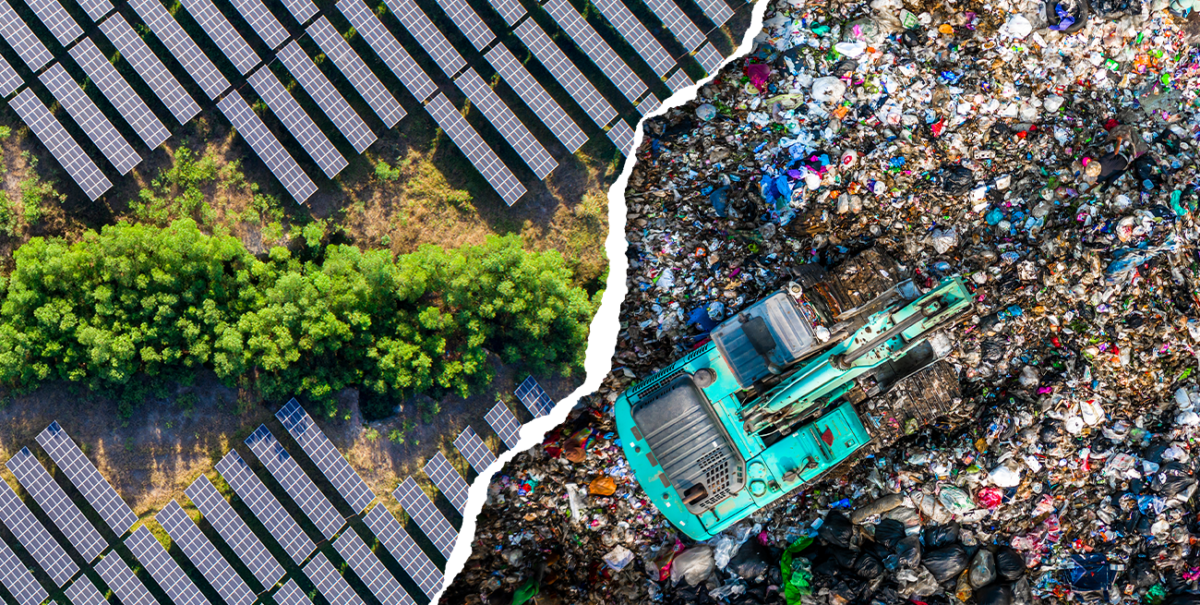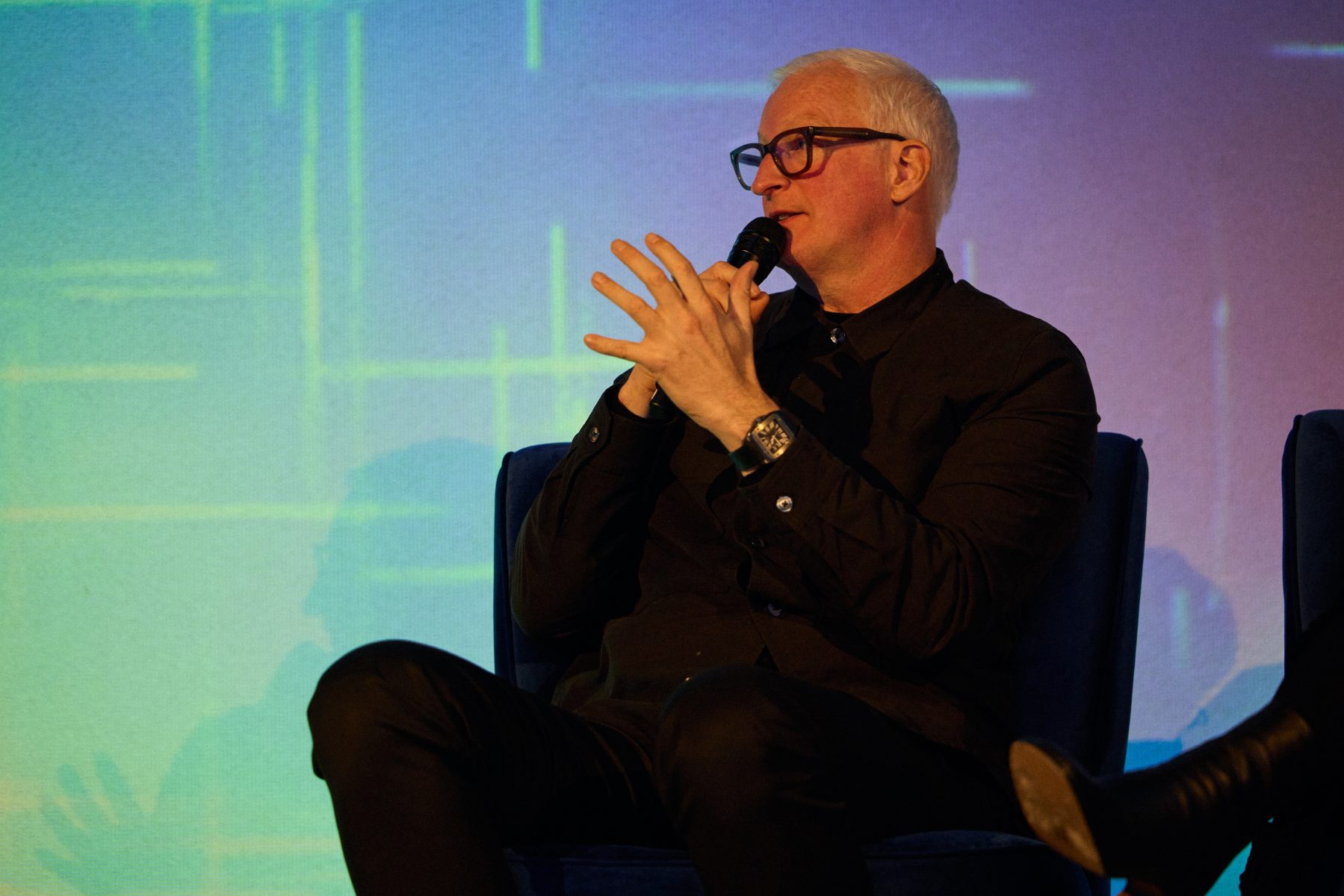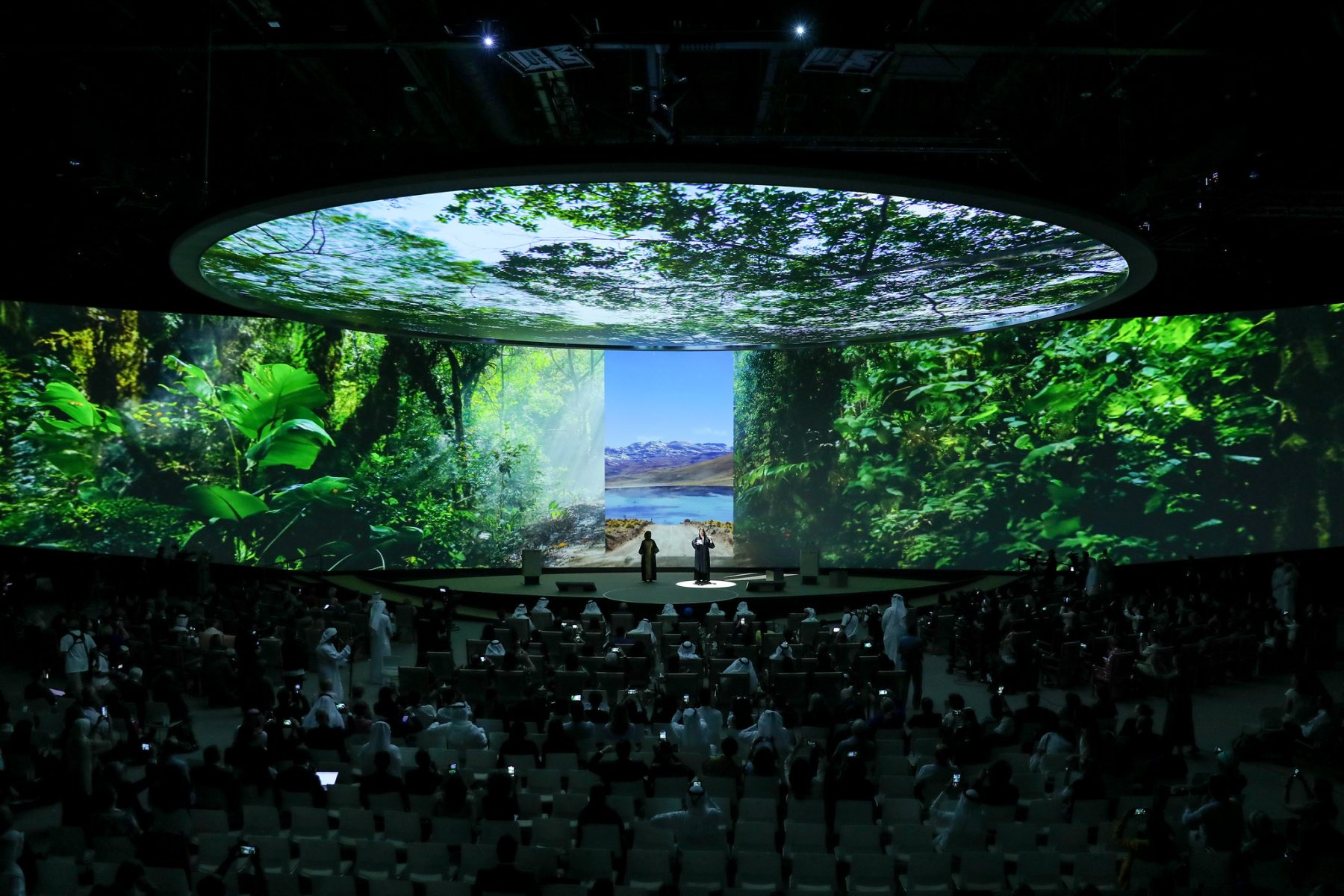Helpful tips to avoid being ‘greenwashed’

The rate at which climate change is accelerating puts the health of our planet in a very fragile state. As we are increasingly aware, a lot of the carbon emissions being released into our atmosphere are generated by businesses and large corporations. What’s more, in the last decade the pressure has grown on these same organisations to operate more environmentally friendly – and many have adopted some very positive sustainability initiatives. At the same time, however, and as we see detailed in the media, there are also those businesses being accused of “greenwashing”.
But what is greenwashing, and why does it matter?
Simply put, greenwashing is when a company creates an ‘image’ that they are environmentally responsible when in reality they aren’t. A deceit achieved with the use of a significant marketing budget and heavy spin around their sustainable narrative – which of course, is unfair to consumers.
By greenwashing, companies run the risk of damaging their reputation. Because in a world where consumers are becoming far more environmentally conscious, there is no place for companies to ‘pretend’. When P.T. Barnum said ‘there’s no such thing as bad publicity’, he didn’t think about the backlash associated with the implementation of a poor Environmental, Social and Governance (ESG) policy (if any!).
Greenwashing in the events industry
When companies greenwash, they effectively gloss over any practices that harm the planet. No wonder then that it’s become a negative word in the world of sustainability, associated with those companies seen to spend more time talking about their green credentials than earning them!
As a consumer, would you want to give your hard-earned money to companies like this?
In the global events industry, it’s no secret that the sector carries a significant environmental burden. Particularly when it comes to:
- Transportation: carbon associated with travel by crew, staff, delegates, deliveries and materials
- Embodied carbon: the energy and materials used to manufacture, transport, and install an event’s infrastructure
- Waste: the amount of waste generated during the build, live and de-rig of an event
As a result, organisations are under increased pressure to understand, measure, and decrease an event’s environmental impact, which in turn influences their choice of event’s partner. The good news, though, is that while the potential for greenwashing exists, there are a lot of tools and resources now available to help make an informed decision.
For example, Identity has been using a carbon reporting tool called Tracker +, which helps track and report on Scope 1, 2 and 3 emissions generated on-site at an event. It also tracks all embodied carbon brought to site, providing clients with all the important data needed to make crucial decisions, including selecting more sustainable options.
All told, many resources and environmental support groups are available in the current climate (no pun intended) to help ensure no organisation should ever be accused of greenwashing.
Asking the right questions
A step in the right direction is first to find the right events partner, a selection based on two key questions:
- What are their green capabilities (and how can you test them)?
- How can you be sure the agency takes sustainability seriously and is not partaking in a little greenwashing themselves?
To find the answers, the first thing you can do is a little bit of digging. Put your detective hat on and compare what they are marketing versus what they are actually doing. Check their website and see what information is available online. If sustainability is at the top of their agenda, they should have environmental or sustainability policies on their website.
You can also check to see if they have any environmental targets and what they have in place to achieve them. For example, do they have a goal to be net zero by 2050? Do they have initiatives in place to reduce their carbon footprint? Are they part of any industry groups/memberships for sustainability? Do they have partnerships with any sustainability consultants, or do they have an in-house expert who will be able to assist with your event?
Sometimes this information might not be available on their social media channels, so don’t be afraid to ask these questions directly. If you’re still unsure, then why not request a meeting with their sustainability team to learn more about their sustainability journey and to talk about what support they can offer to bring added green to your event.
Summing it all up
The road to greater sustainability is one that every organisation now needs to travel as we all head toward a common destination. Obviously, there are going to be different rates of progress. While there is always more that can be done to reduce our environmental impact, every organisation will sometimes make mistakes. What’s important though, is to learn from these and to do everything possible to demonstrate sustainability and avoid the greenwashing tag.
All of this means that there is really no excuse for organisations to advertise green initiatives that they simply can’t back up. Instead, time and money is better served by activities like tracking your carbon emissions or switching one of your company pool cars to electric. Sustainability is ultimately a process, and no organisation will become sustainable overnight. As an industry that’s carbon heavy, we need to support one another and share key learnings and opportunities for improvement. This is our goal at Identity, as we look to help inspire a greener, more sustainable events industry.







